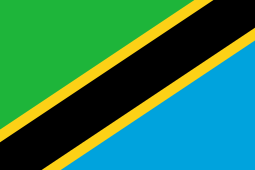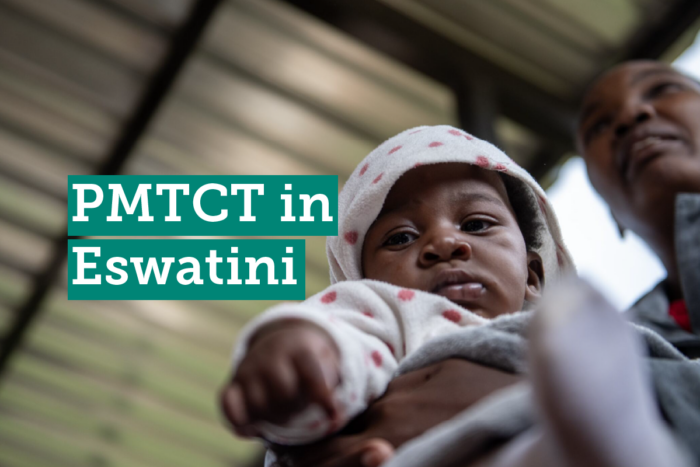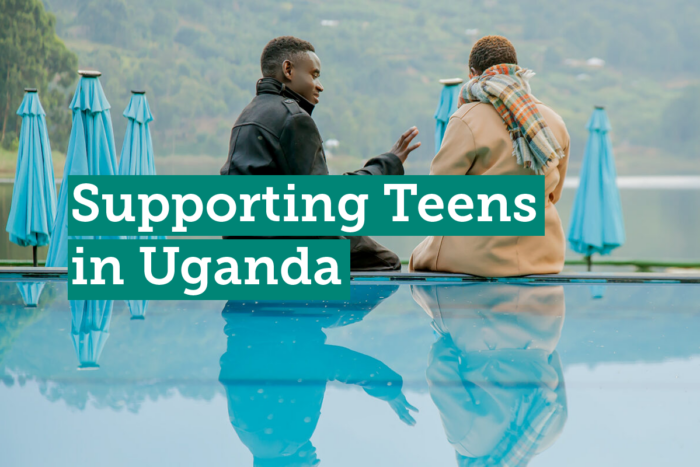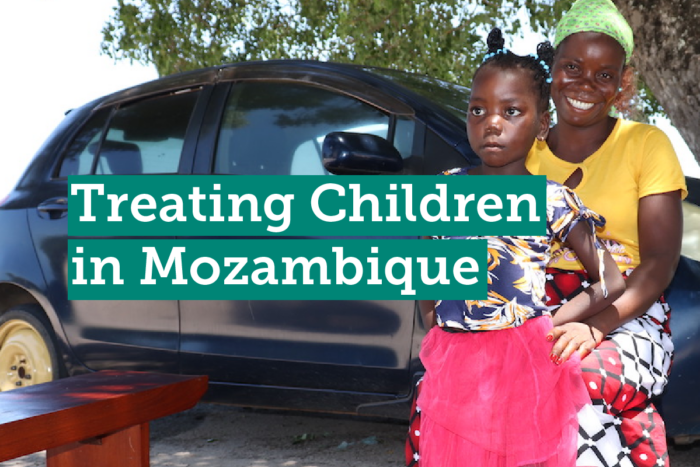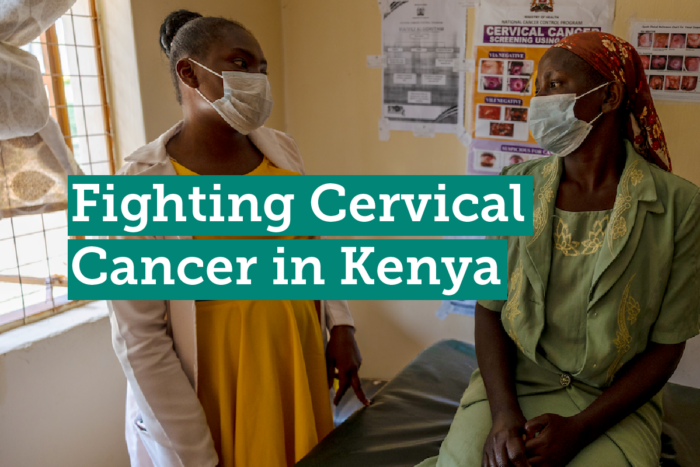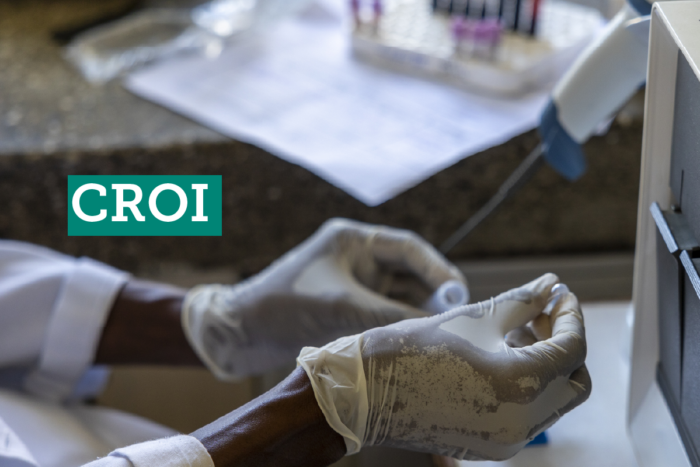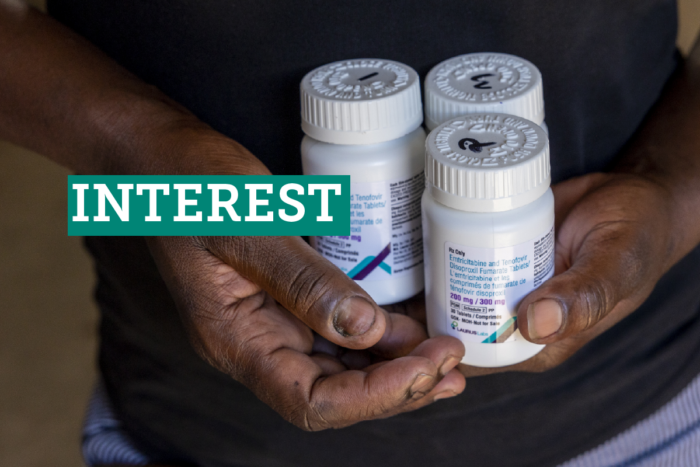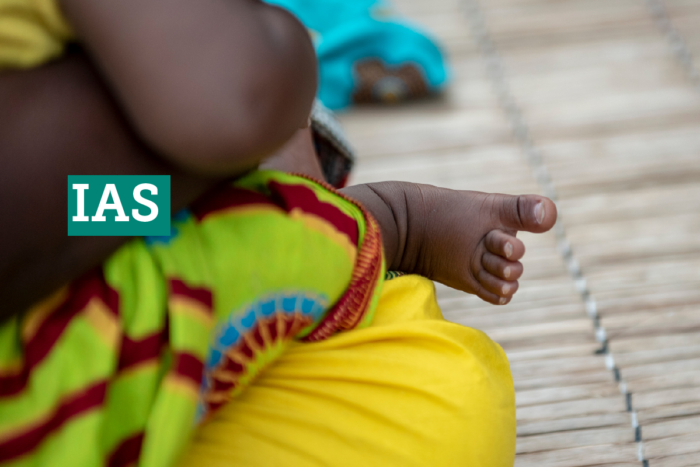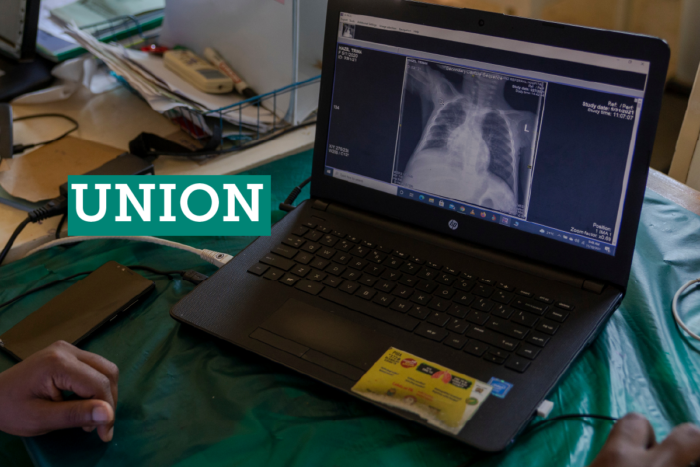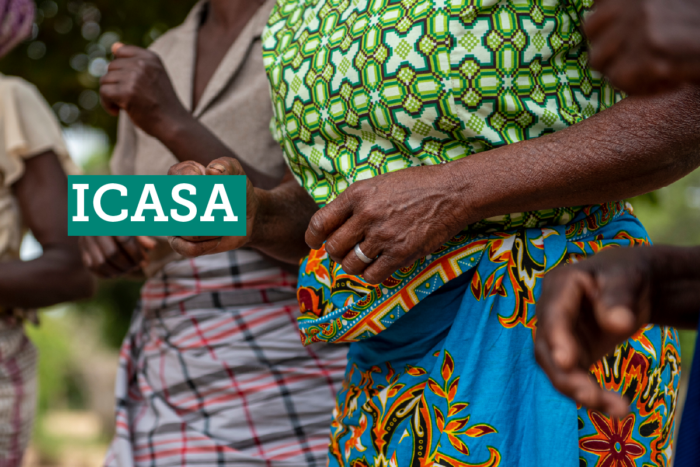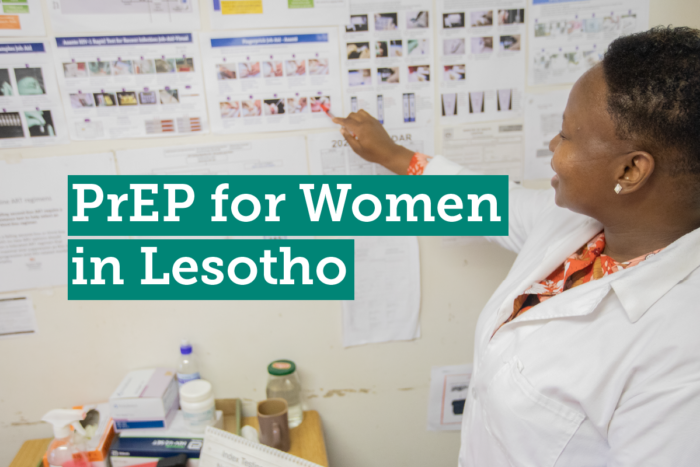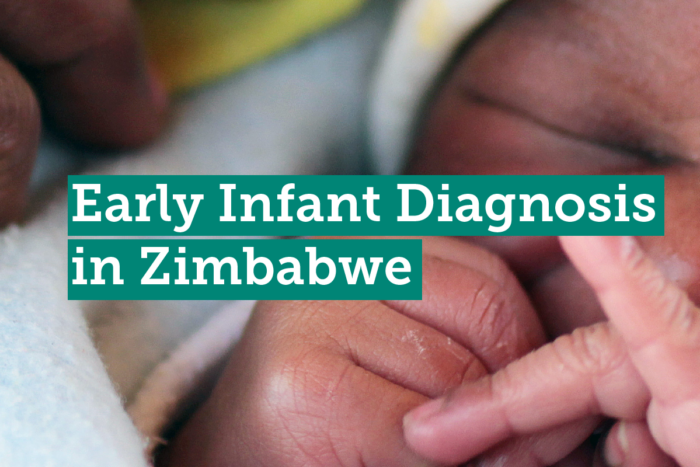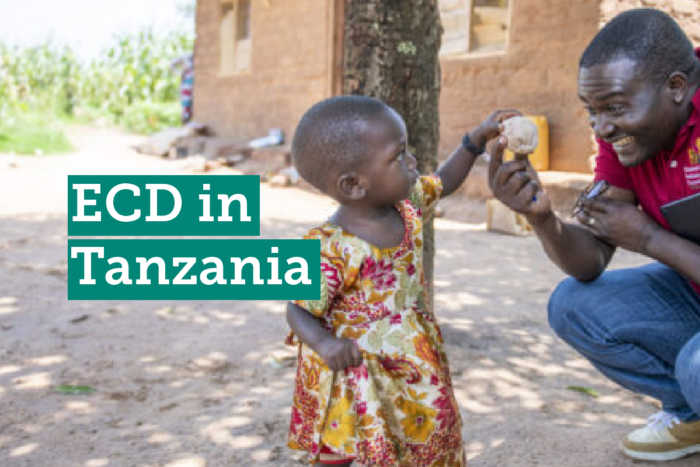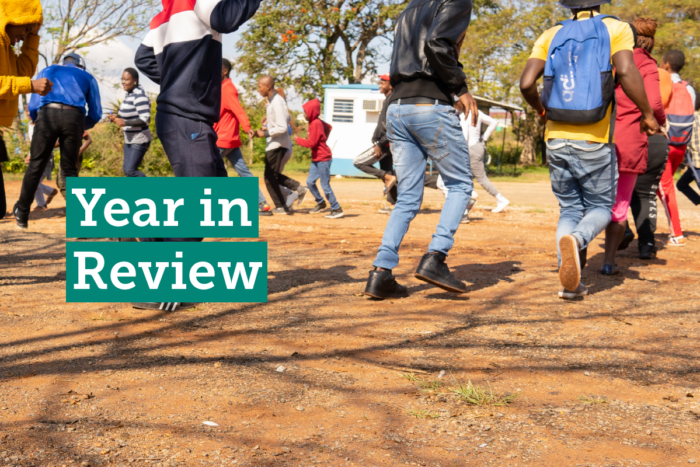EGPAF’s work in sub-Saharan Africa over the past two decades reflects our commitment to eliminating the threat in the countries hardest hit by the HIV pandemic.
Through programs focused on the 95-95-95 cascade to our active research portfolio, we are furthering the fight for an AIDS-free generation.
Programs at Work
Our country programs are led by public health leaders from the countries in which they work, and the staff, likewise, is composed of professionals from those respective countries. Our staff tends to understand the social contexts of local communities and tailor programs for best outcomes.
HIV Testing, Care, and Treatment
We partner with ministries of health, health centers, and civil society and faith-based organizations to sustainably achieve complete coverage of children, youth, and families with comprehensive, high-quality HIV prevention, treatment, and support services.
HIV testing, care, and treatment—followed by adherence to treatment—are at the foundation of our work. We support the goal set by the Joint United Nations Programme on HIV/AIDS (UNAIDS) to achieve the virtual elimination of HIV by 2030. That requires meeting the following targets:
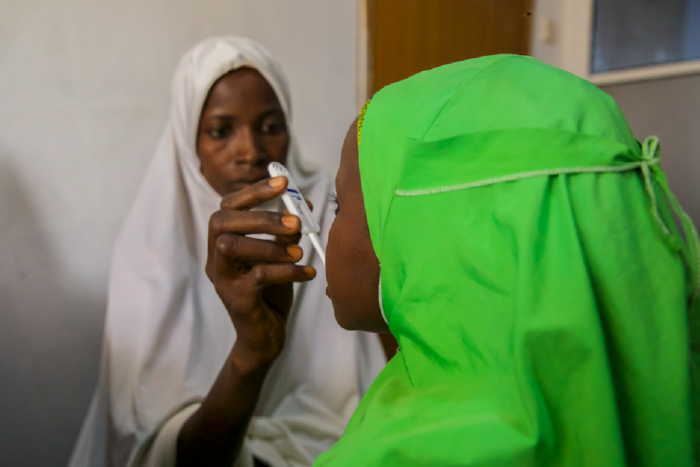
95% of all people have been tested for HIV
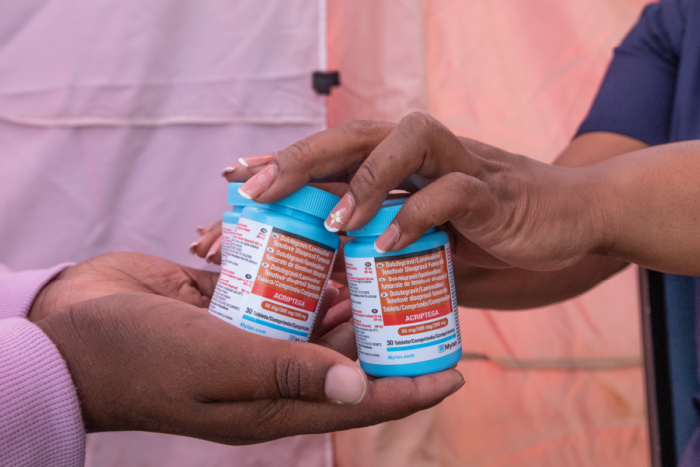
95% of individuals who test positive for HIV are linked to treatment
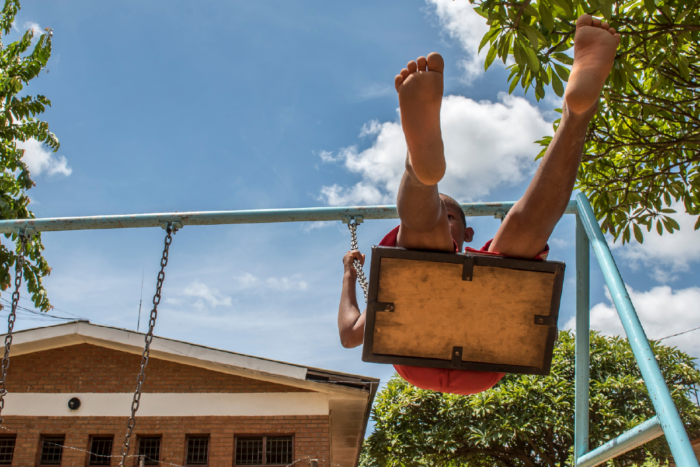
95% of those individuals linked to treatment are virally suppressed
In several countries in which EGPAF works, these goals have been achieved or are close to being achieved for the general population. However, children continue to lag behind when it comes to these three indicators.
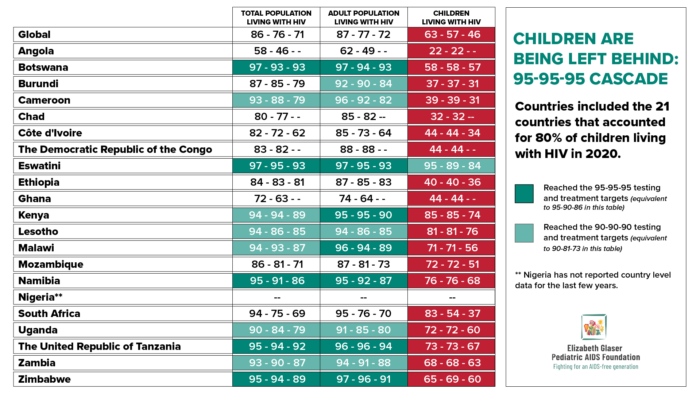
Thus, the urgency of our work remains. We continue to be the only international nongovernmental organization that focuses on ending AIDS in children—whether through our direct service or support for local organizations and ministries of health.
Read more about pediatric testing, care, and treatment.
Adherence
Children and adolescents living with HIV sometimes struggle to adhere to treatment for a variety of reasons, including stigma, difficulty accessing facilities, and poor understanding about the necessity of staying on treatment. Adolescents are often motivated by their peer relations. Empowering adolescents to support HIV disclosure, treatment adherence, and HIV stigma reduction can have a powerful impact on adolescent HIV care and treatment retention.
Across EGPAF-supported sites, various models of psychosocial support are implemented, many using the Ariel Club approach. The club approach complements clinical services, providing a safe space where adolescents living with HIV can talk to trained peers about topics that will help them to achieve and sustain viral suppression to reach their life goals.
Integrated Services
In addition to our work to prevent mother-to-child HIV transmission, EGPAF addresses major health threats that hamper efforts to end AIDS in children. To this end, we focus on integrated services that address tuberculosis and other infectious diseases and comorbidities; reproductive health; adolescent health, men’s health; and new emerging health threats, such as the COVID-19 pandemic.
Get to Know Our Country Programs
Read more about our work in action
Researching for Better Outcomes
EGPAF pioneered research on HIV and children during a time when most research focused on adults. We continue to advance research and innovation that leads to new, improved, affordable, and scalable solutions to end HIV/AIDS among children, youth, and families.
We support, conduct, and catalyze research that advances prevention and treatment of HIV/AIDS to keep children, youth, and families alive and healthy—as well as research that identifies innovative solutions to alleviate infectious diseases and non-communicable diseases that hamper our ability to end HIV in children, youth, and families.
Key elements of EGPAF’s research program include commitment to building local research capacity, using research to improve programs and inform policy, and advocacy for greater pediatric HIV research.
In 2023, EGPAF was engaged in 56 studies across 12 countries. Sixty percent of our research involved adult and pediatric/adolescent HIV testing, care, and treatment, followed by tuberculosis; maternal, newborn, and child health; COVID-19; and prevention of mother-to-child HIV transmission.
Notable 2023 Research
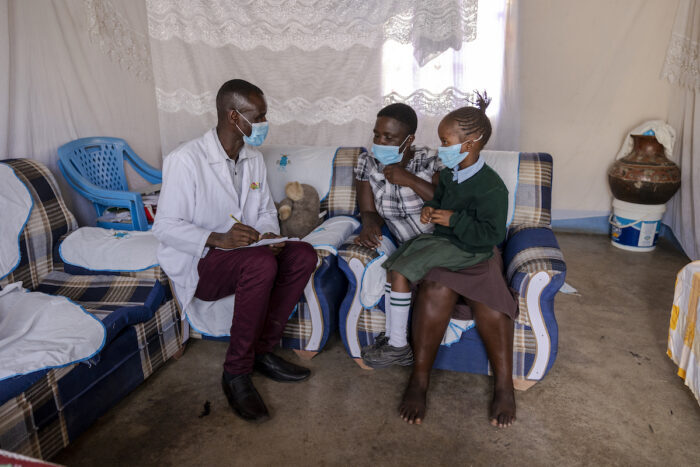
SMART4TB
SMART4TB is a five-year, USAID-funded project that aims to transform tuberculosis (TB) prevention and care, in which EGPAF works in a consortium led by Johns Hopkins University in partnership with KNCV Tuberculosis Foundation, Treatment Action Group, and the University of California–San Francisco. SMART4TB aims to design and implement research studies with local partners to identify effective person-centered methods for finding, treating, and preventing TB; strengthen local capacity to conduct high-quality research; and engage communities to build demand for new interventions and drive policy change.
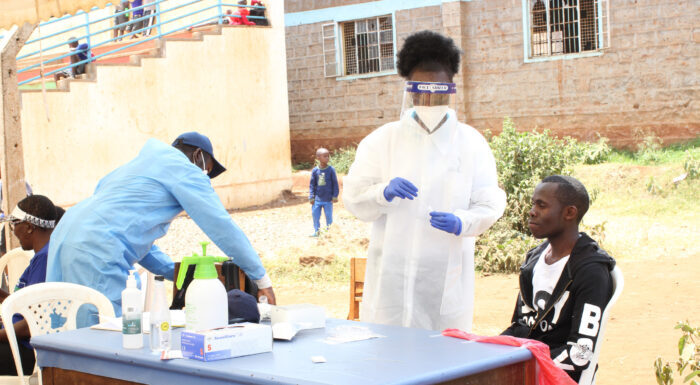
Catalytic COVID-19 Action (CCA)
In 2023, EGPAF continued its work on the Catalytic COVID-19 Action (CCA) project, a FIND and Unitaid-funded initiative to strengthen public health responses to the COVID-19 pandemic. The goal of the CCA project is to accelerate end-to-end access to novel solutions in the COVID-19 pandemic response by adapting testing, isolation, care, and treatment approaches to meet the needs of three countries—Cameroon, Kenya, and Zimbabwe. The project aims to propel innovation and access to these tailored solutions through five work areas: evidence generation (three research studies), catalytic implementation, advocacy, demand generation, and transition to national programs for a sustainable impact.

Eswatini Surface Birth Defect Surveillance
Through funding from ViiV, EGPAF completed a two-year pilot program in Eswatini to evaluate the prevalence of birth defects among infants born to women living with and without HIV in five hospitals, covering 73% of all births in the country. This study provided the first population-based information on the prevalence of birth defects in the general population in Eswatini and allowed for comparison between infants born to women living without HIV to those born to women living with HIV. The study found no significant differences in major birth defects by HIV status or drug regimen. The important results from this study have been included in ViiV’s application to the FDA to support re-labelling of one of the anti-HIV drugs.
2023 Conferences
EGPAF participates in conferences and meetings where scientists, doctors, and other public health allies share findings from research on HIV and comorbidities. In 2023, EGPAF participated in the following conferences with presentations, colloquia, and papers.
Publications Spotlight
In 2023, EGPAF published 20 peer-reviewed journal articles on topics including HIV, tuberculosis, early childhood development, and COVID-19. In a multi-country effort, EGPAF’s Research team began the development of a series of articles to be published as a supplement in the BMJ Public Health journal. Entitled Innovations to Improve Identification of TB and SARS-CoV-2 Infections in sub-Saharan Africa, these articles will feature research from the Catalyzing COVID-19 Action project in Cameroon and Kenya, as well as results from the CaP-TB INPUT and DTECT studies. A total of nine manuscripts are expected to be published by the third quarter of 2024.
Read some of our journal articles published in 2023.


